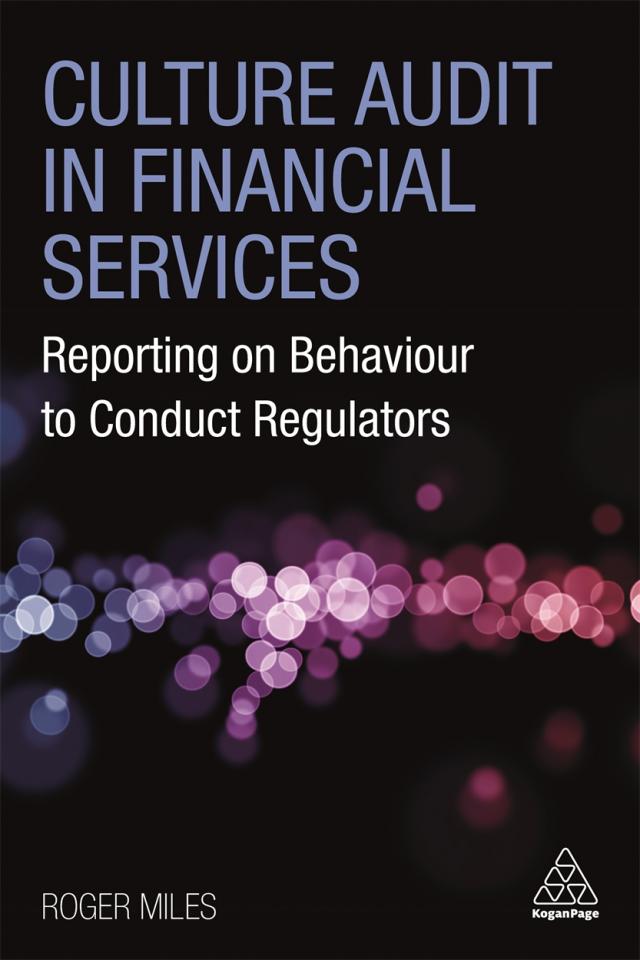- Offers clear, practical guidance on how to assess conduct and culture for internal governance purposes, to report to regulators and to evidence success to stakeholders
- Examines what behavioural regulators around the world really want using examples from the front line of conduct reporting
- Explains the key features of well-designed conduct and culture reports, and how the practice of culture audit differs from conventional auditing
- Addresses practitioner concerns that their current reporting and MI tools will not be able to meet as-yet unclear regulatory expectations
- Benefits from the author's work with a variety of financial firms in conduct-regulated markets, his direct access to regulators, and a range of international contributing chapter authors
Culture Audit in Financial Services
Reporting on Behaviour to Conduct Regulators
Key features at a glance
About the book
In the next wave of conduct regulation in financial markets, from 2021 conduct regulators in the UK and elsewhere expect firms to produce evidence on how they are improving behaviour and culture. Facing this, many practitioners are anxious that their current reporting and management information (MI) are irrelevant to meeting as-yet unclear regulatory expectations.
This book provides the insights and tools firms need to report on culture, securing both enhanced business value and the regulator's approval. Culture is now seen as a key contributor to good governance, feeding into existing discourse on environmental, social and governance (ESG) factors and the emerging dialogue on 'non-financial (mis)conduct', but conventional measures of business quality are unfit for the new reporting agenda. Culture Audit in Financial Services follows the arc of 'behavioural regulation' to examine what the regulator really wants, before offering guidance on how culture audit differs from conventional auditing, how to put the latest pure-research findings to work, and the key features of well-designed conduct and culture reports.
Written by an impartial author and a variety of contributors with extensive experience working with practitioners, regulators, and many of the world's finest academic initiatives, this book is filled with practical, grounded advice on how best to approach this new challenge and avoid infractions.
A highly useful travelogue written by acclaimed experts in an easy-going manner that nevertheless serves to deepen awareness and understanding. After a survey of concepts and how conduct regulation is evolving, Culture Audit opens a window on using behavioural science to frame 'better questions' and introduces straightforwardly the benefits of some advanced technology. These elements weave together to explain where thought leadership has been and points to areas for further exploration like purpose, individual character development and the excitement that awaits firms who are not quite prepared for their first earnest discussion of culture with a regulator.





